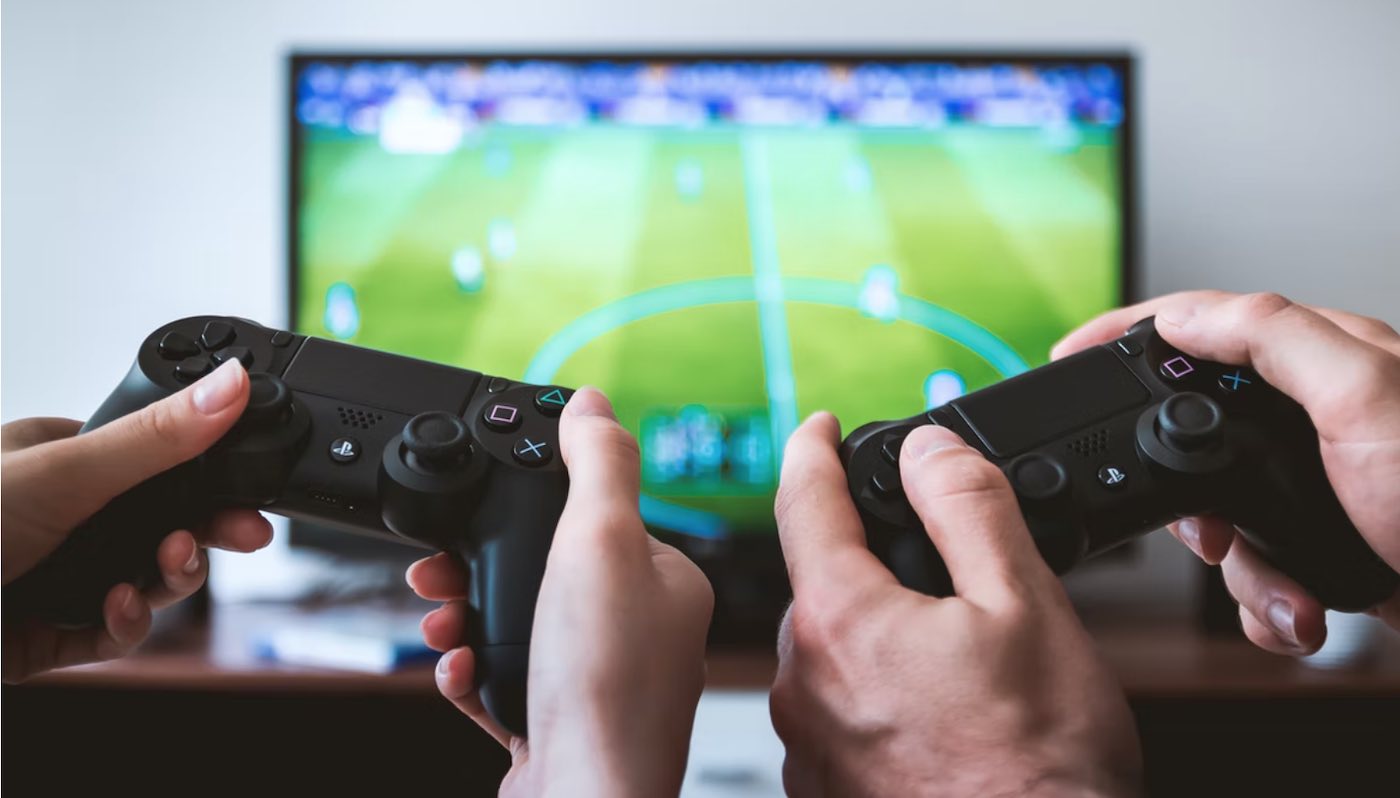Children have been spending more and more time in front of screens—and whether it has a negative impact on their well being is being hotly debated.
Researchers in Sweden have now studied how the screen habits of U.S. children correlates with their intelligence, and how it develops over time.
The study found that children who spent an above-average time playing video games increased their intelligence more than the average, while TV watching or social media had neither a positive nor a negative effect.
Over 9,000 boys and girls in the USA participated in the study. At the age of nine or ten, the children performed a battery of psychological tests to gauge their general cognitive abilities (intelligence). The children and their parents were also asked about how much time the children spent playing video games, watching TV or videos, and scrolling on social media.
In a follow-up two years later, over 5,000 of the children were asked to repeat the psychological tests. This enabled the researchers from Karolinska Institute and Vrije University Amsterdam to study how the children’s performance on the tests varied from the first testing session to the other, and to control for individual differences in the first test. They also controlled for genetic differences that could affect intelligence and differences that could be related to the parents’ educational background and income.
MORE: Want Students to Do Better in Class? Take Them on Culturally Enriching Field Trips
The average child in the study spent 2.5 hours a day watching TV, half an hour on social media and 1 hour playing video games.
The results showed that those who played more games than the average increased their intelligence between the two measurements by approximately 2.5 IQ points more than the average. No significant effect was observed, positive or negative, of TV-watching or social media.
“We didn’t examine the effects of screen behavior on physical activity, sleep, wellbeing or school performance, so we can’t say anything about that,” says Torkel Klingberg, professor of cognitive neuroscience at the Department of Neuroscience, Karolinska Institute.
RELATED: Pokémon GO May Alleviate Some Depression, Says Study
“But our results support the claim that screen time generally doesn’t impair children’s cognitive abilities, and that playing video games can actually help boost intelligence. This is consistent with several experimental studies of video-game playing.”
Intelligence is not constant
The results are also in line with recent research showing that intelligence is not a constant, but a quality that is influenced by environmental factors.
“We’ll now be studying the effects of other factors and how the cognitive effects relate to childhood brain development,” says Torkel Klingberg.
One limitation of the study, published in the journal Scientific Reports, is that it only covered U.S. children and did not differentiate between different types of video games, which makes the results difficult to transfer to children in other countries with other gaming habits. Also, the accuracy of screen time and habits could not be confirmed since they were self-reported by families.
CHECK OUT: The Average American Has Made 5 New Friends Through Video Gaming in the Past Year
LEVEL UP Your Social Media With Positivity; Share This Story…




















